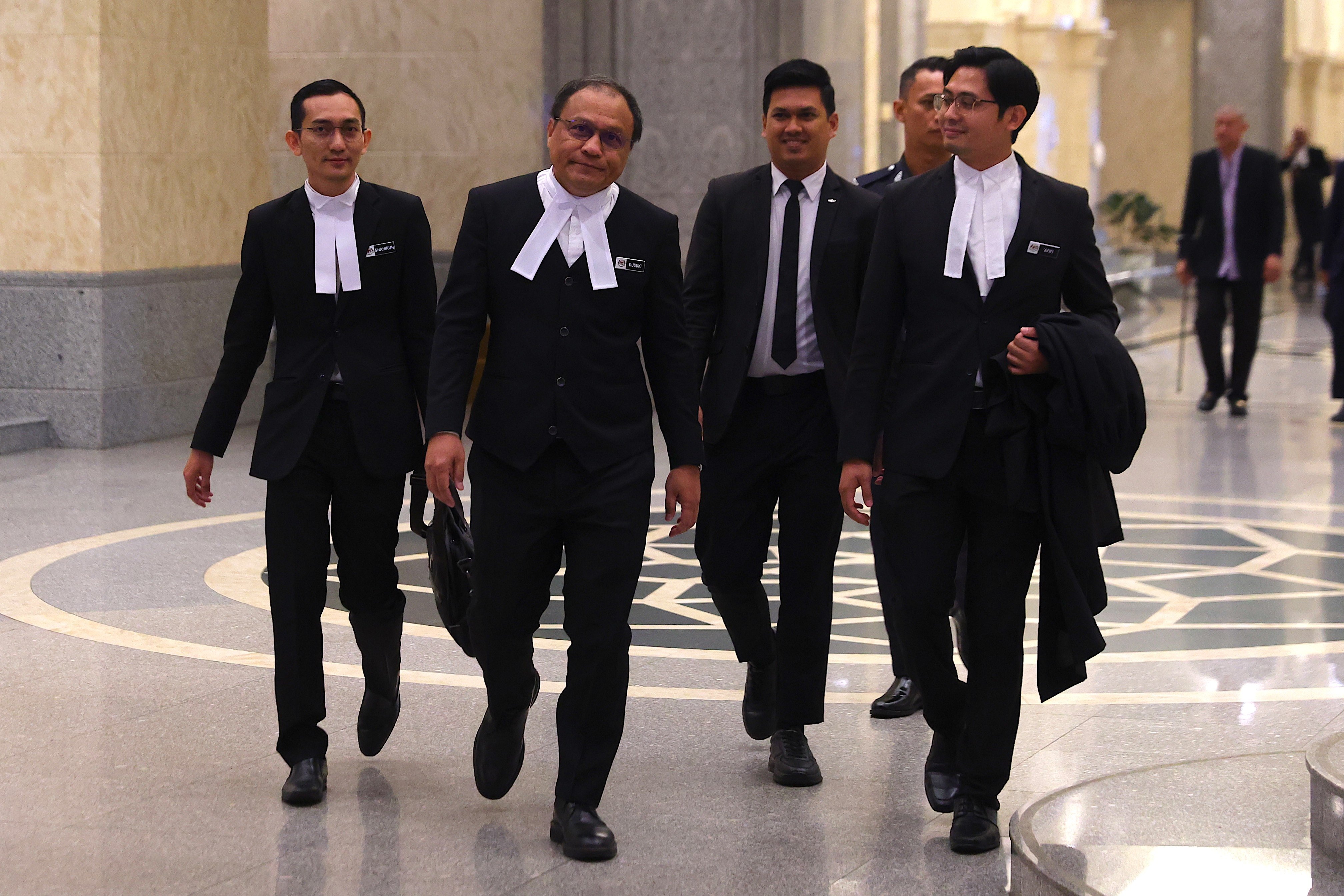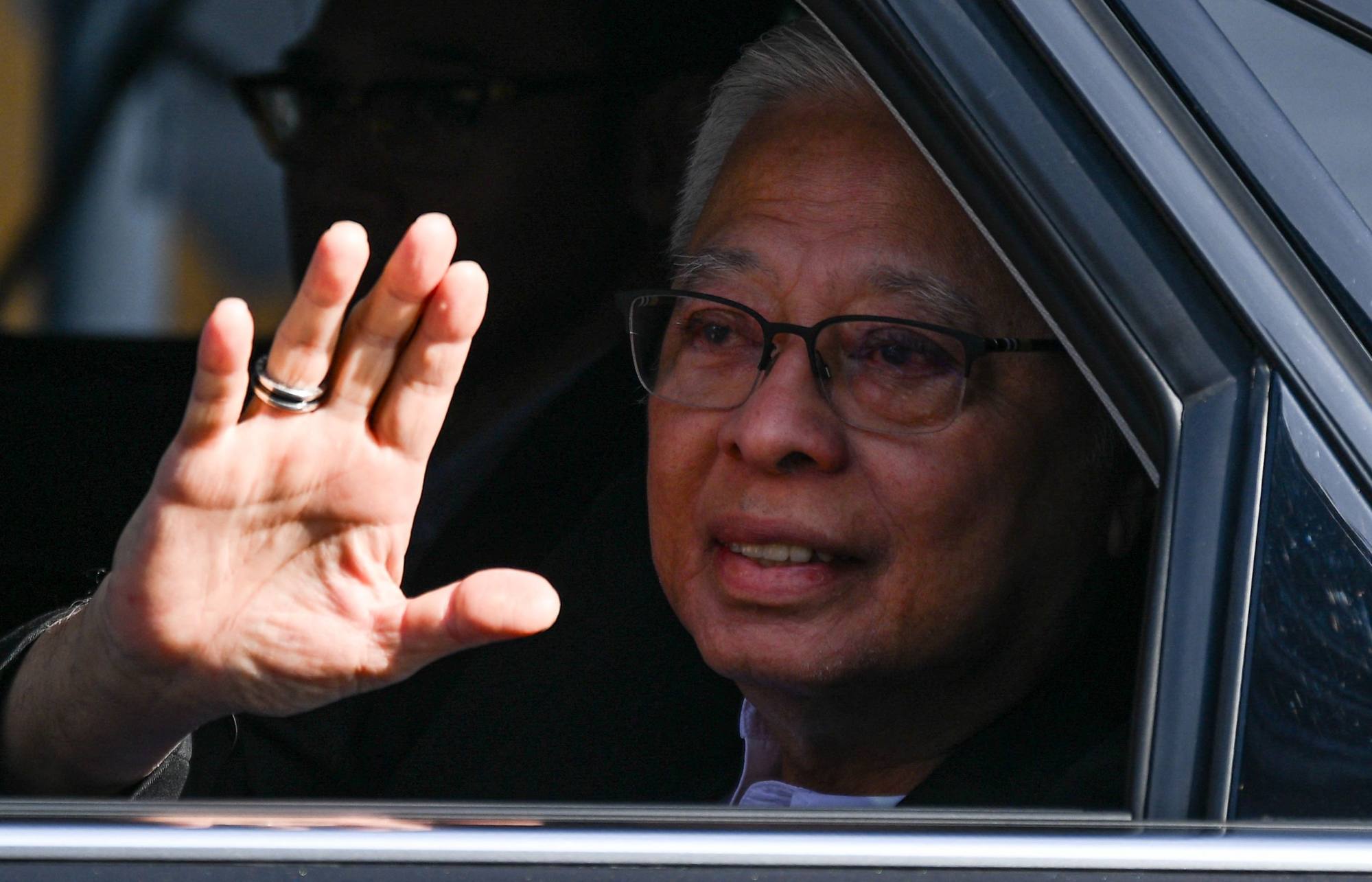Malaysia’s anti-corruption agency proposes powers to claw back billions in illicit funds
The MACC is seeking new powers to negotiate the return of large sums of money without first having to press charges

Malaysia’s anti-corruption agency is pushing for sweeping new powers to strike deals with suspects and recover illicit funds before they can vanish overseas – a move officials say could help plug billions of dollars lost to money laundering and organised crime.
Criminal syndicates are increasingly using Malaysia to launder money, authorities warn, while the country is also a key transshipment hub for drugs, illegal cigarettes, protected wildlife and other contraband.
The Malaysian Anti-Corruption Commission (MACC) thinks the best way to deal with the problem is by hitting criminals where it hurts the most – their money.
The commission is pushing to amend the law to allow its officers to cut deals with perpetrators to secure illicit funds that would otherwise be untraceable.
Called the delayed prosecution agreement, it would give the MACC a legal avenue to negotiate the return of large sums of money without first having to press charges, Chief Commissioner Azam Baki said.
“The focus will be on grand corruption and corporate liability … for example, a politician caught with 177 million ringgit [US$41 million],” Azam said on Wednesday, in an apparent reference to former Malaysian prime minister Ismail Sabri Yaakob, who is being investigated for corruption.
“There are many unreported cases with huge amounts of illicit funds moving out and into the country. Based on what we know, we are looking at 40 billion ringgit in the country and abroad.”

The MACC’s proposal mirrors a practice in the US in which authorities work out an agreement with companies or individuals facing a criminal probe that will delay prosecution if they fulfil certain conditions.
Suspects might still have to stand trial, Azam said, but the agreement would speed up the process of repatriating funds to Malaysia while authorities continue with investigations that often run over years.
Malaysia’s police said last year that they had tracked at least 150 cases of money laundering by both local and foreign syndicates between 2022 and 2023. Over 130 million ringgit had been moved into the country from questionable sources before being sent back out via legal channels, police said.
Azam said the funds were typically shifted through shell companies, cryptocurrencies and money changers employing the hawala system.
That system, which involves transferring funds across countries through a network of money brokers without moving any actual cash, is favoured by criminal enterprises and individuals seeking to move large sums under the radar.
“These funds are linked to smuggling, narcotics, fraud. For example, using the hawala system, it is quite easy for one transaction of 2 million ringgit to go through,” he said.
The MACC is hoping the proposed amendment will be tabled in parliament by the second quarter of next year, pending approval by the cabinet and the attorney general’s chambers.